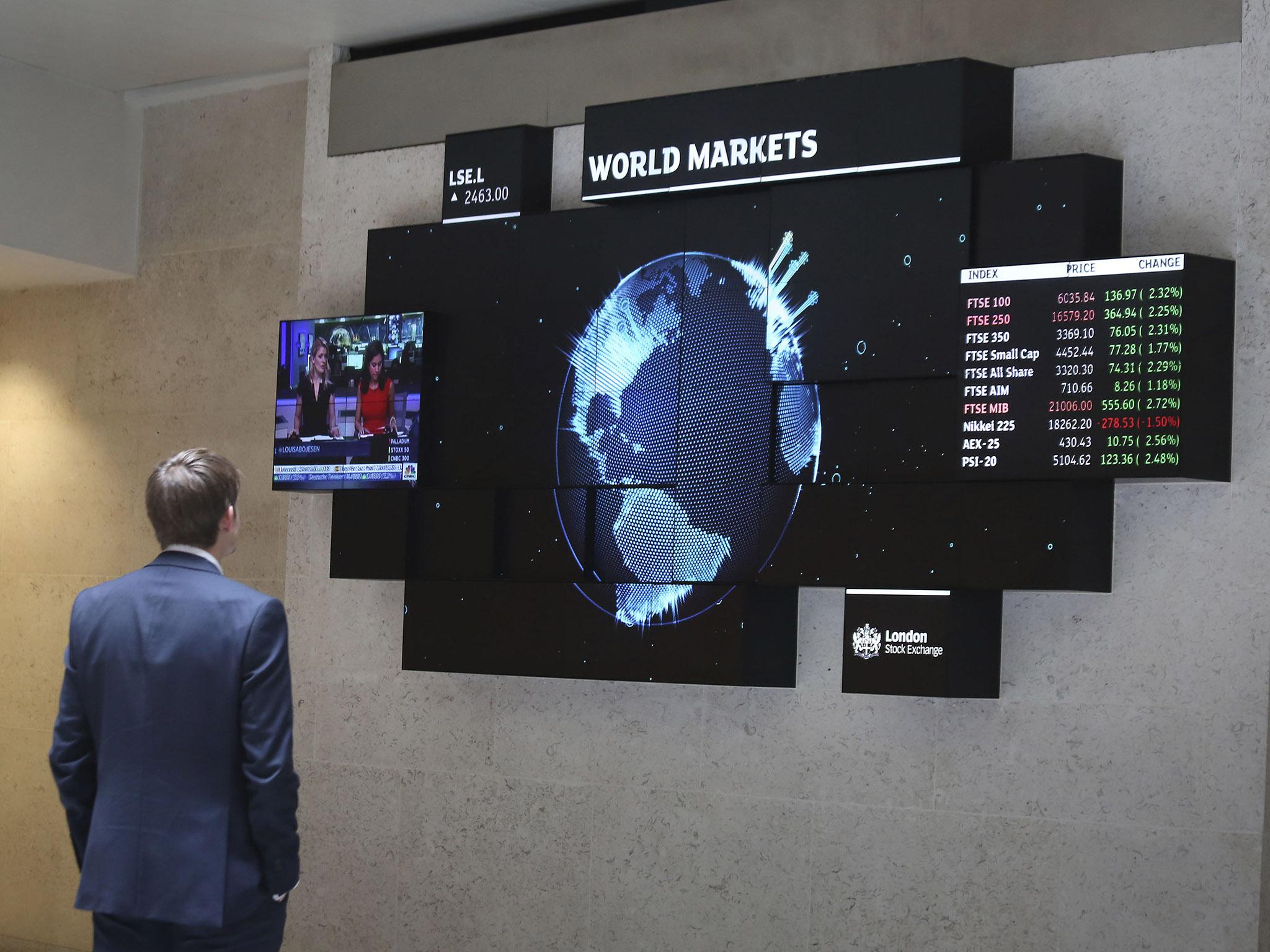Why the London Stock Exchange-Deutsche Börse merger has been destined to fail for months
European regulators appear to have torpedoed the merger of the continent’s two biggest exchanges

Third time unlucky for the London Stock Exchange's attempts to secure a tie up with Deutsche Börse? It’s looking that way.
Out of the blue, the London side said it couldn’t sell off bond exchange MTS to keep Europe’s competition watchdogs sweet because that would upset Italy, which relies on MTS, and its regulators and could ruin its business in the country.
London's merger with Deutsche has umpteen issues, but no one saw MTS as being among them, until the EU’s competition watchdogs all but demanded its sale as the price for clearing the deal.
The LSE doesn’t think it can do that without spoiling the party.
With a fortune having been spent on making the merger work, it insists that it will still continue to pursue it, while growling about the demand to offload MTS being “disproportionate”.
That makes it look as if the British company has been taking lessons from British politicians in the art of how (not) to negotiate by shaking your fists at the other side.
In theory, the better word to use would have been “disappointing” before going on to talk about working with regulators to find an effective solution for all stakeholders. Or some similarly anodyne corporate speak for which the translation is “let’s be friends!”.
That, of course, assumes that there's a realistic chance of the LSE bringing the watchdogs around to its way of thinking. The public snarl tells you it's unlikely and the crumbling edifice is now teetering on the brink.
Blowing a raspberry at the authors of its (likely) demise just tells everyone who to blame.
In truth, however, the deal has been looking shaky ever since the fateful referendum on Britain’s EU membership. The subsequent behaviour of Britain’s Brexiteer politicians (see above) and the nasty atmosphere in Europe that has engendered has only made things worse.
That’s before you even start discussing the complexities and controversies involved in putting the two companies’ financial plumbing businesses together, which is probably the biggest fly in the ointment.
London and Deutsche haven’t satisfactorily explained how they will bolt their clearing operations together in a way that benefits everyone. Clearing ensures trades go through smoothly, especially if the financial climate is nasty and one or other of the parties to a financial transaction look as if they might default.
Clearing businesses are thus vitally important. And they are lucrative. Putting London’s together with Deutsche’s ought to make things cheaper for customers, and give the newly combined company the clout to compete with the really big guns in financial derivatives, such as the Chicago Mercantile Exchange.
However, what the two sides have never really answered is this: does London get the business? Or does Frankfurt?
The answer at the moment is umm, well, they sort of both do – honest.
Business news: In pictures
Show all 13It's all rather technical and arcane but also matters a lot.
Clearing is the biggest and most important business you’ve never heard of. Those in the know in the financial centres in London and Frankfurt, not to mention the political centres Westminster and Berlin, have a keen interest in what becomes of it.
The fact that MTS, and the unhappiness the EU's competition people have about it, has (probably) made the discussion academic is convenient for an awful lot of people. It spares everyone from making some hard choices. And perhaps damaging choices for the future of either London or Frankfurt.
Subscribe to Independent Premium to bookmark this article
Want to bookmark your favourite articles and stories to read or reference later? Start your Independent Premium subscription today.

Join our commenting forum
Join thought-provoking conversations, follow other Independent readers and see their replies